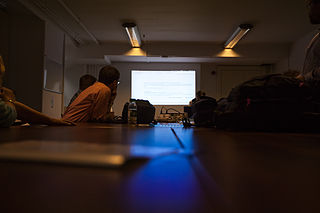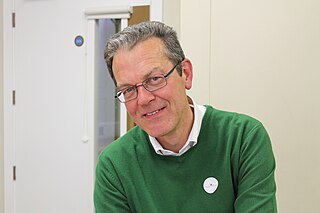
Over the past two years, Wikimedia UK has been working with the British Library. These have involved a series of editing events and tours through 2011-12, and partnerships between curators and volunteers to write about some of the Library’s most significant material. In May 2012, with the support of the Arts and Humanities Research Council, the British Library recruited Andrew Gray as the Wikipedian in Residence. Below is a blog post from Andrew outlining his experiences so far.
The main focus so far has been on getting a training programme off the ground. Since the first workshop in mid-June, I’ve had workshops for 55 staff at the British Library, and for nine more at the National Archives. Another 40 people have been to university-hosted workshops at Birkbeck in London and the Shakespeare Institute in Stratford-upon-Avon. These people are from more than ten institutions and represent a wide range of backgrounds: academics, librarians, researchers, support staff and postgraduate students.
At the British Library, again, we’ve had a diverse turnout. As well as curators, we’ve had reference staff, cataloguers, conservators, technicians, accountants, archivists… The emphasis in these workshops is essentially on “Wikipedia as information literacy”, on getting the basic skills to contribute to them or engage with them – understanding the dynamics of editing and communication, how to add footnotes, how to use talkpages.
The programme continues through a series of upcoming workshops, including one at the British Library for readers and two for AHRC academics. The university programme will resume in the new term with a workshop in early October in Oxford and I’m looking at organising some more outside London to follow on from this. If your institution might be interested in hosting one, please do get in touch.
Many thanks to the Wikimedians who’ve assisted in running these sessions, and to those who’ve offered to help at the upcoming ones.
On the content side, things have been simmering gently. I’ve been working on an overview of all British Library content on Wikipedia, looking at both the projects and the collections. One thing that’s been interesting is discovering how many languages currently represent the British Library with an (admittedly beautiful) image of the British Museum Reading Room – the Library split from the Museum years before I was born!
I’ve also been working with curators and the copyright group here to identify suitable collections that can be released openly. We’ve started trialling it with the gradual release of a collection of musical manuscripts, chosen to represent a wide sample of autograph material by around a hundred composers and prominent musical copyists. The uploads of these have begun, gradually, to let me work some bugs out of the system!
We have a number of curators who are interested in working with Wikipedia volunteers to write about their collections. In September we’ll be having a workshop where we’ll be inviting editors to come and meet curators, hopefully leading to some good partnerships. When we’ve had these in the past (eg, the collaboration on the Cuthbert Gospel) they’ve been very successful, and there’s great promise for the future here.
In September, with the assistance of User:Philafrenzy, we’ll be hosting a workshop at the British Library designed to reach out to people interested in a specific topic – in this case philately – and offer them support from the institution and from Wikipedia editors to help them contribute to articles on the topic. Reaching out to groups of potential contributors like this is unusual, outside of academia, but we’re hoping it’ll prove productive.
Being a Wikipedian in Residence also allows me the opportunity of supporting work for the broader library community. I’ve been working with Max Klein and a group at OCLC to prepare and roll out authority control identifiers – the system used in librarianship to uniquely identify individuals – across the English Wikipedia, building on work already done by OCLC and by the German Wikipedia community. We expect to have these going live by the end of August, with inclusion of VIAF identifiers on well over 200,000 biographies. This will be a major step towards tying our articles into a wider ecosystem of linked reusable data, and hopefully encouraging greater integration with libraries.
What else have we done? In June, the British Library hosted a World War I editathon organised by JISC and Wikimedia UK; around thirty Wikipedians and academics attended, working on a series of articles linked to key topics around the war. This prompted a number of institutions to reach out to us about future collaboration, and to talk about the work they could do with Wikimedia, which I’ve been working on following up.
As well as the workshops above, we’ve an event coming up on 10th September – an open session to talk about what the community would like to get out of the residency, for curators to meet editors, and work on some of the digital content. There will be a tour of the current Writing Britain exhibition in the evening, led by a curator, and we’d love to see as many people as can make it.
If you’d like to get involved or learn more about this project please email Andrew.Gray – at – bl.uk.











